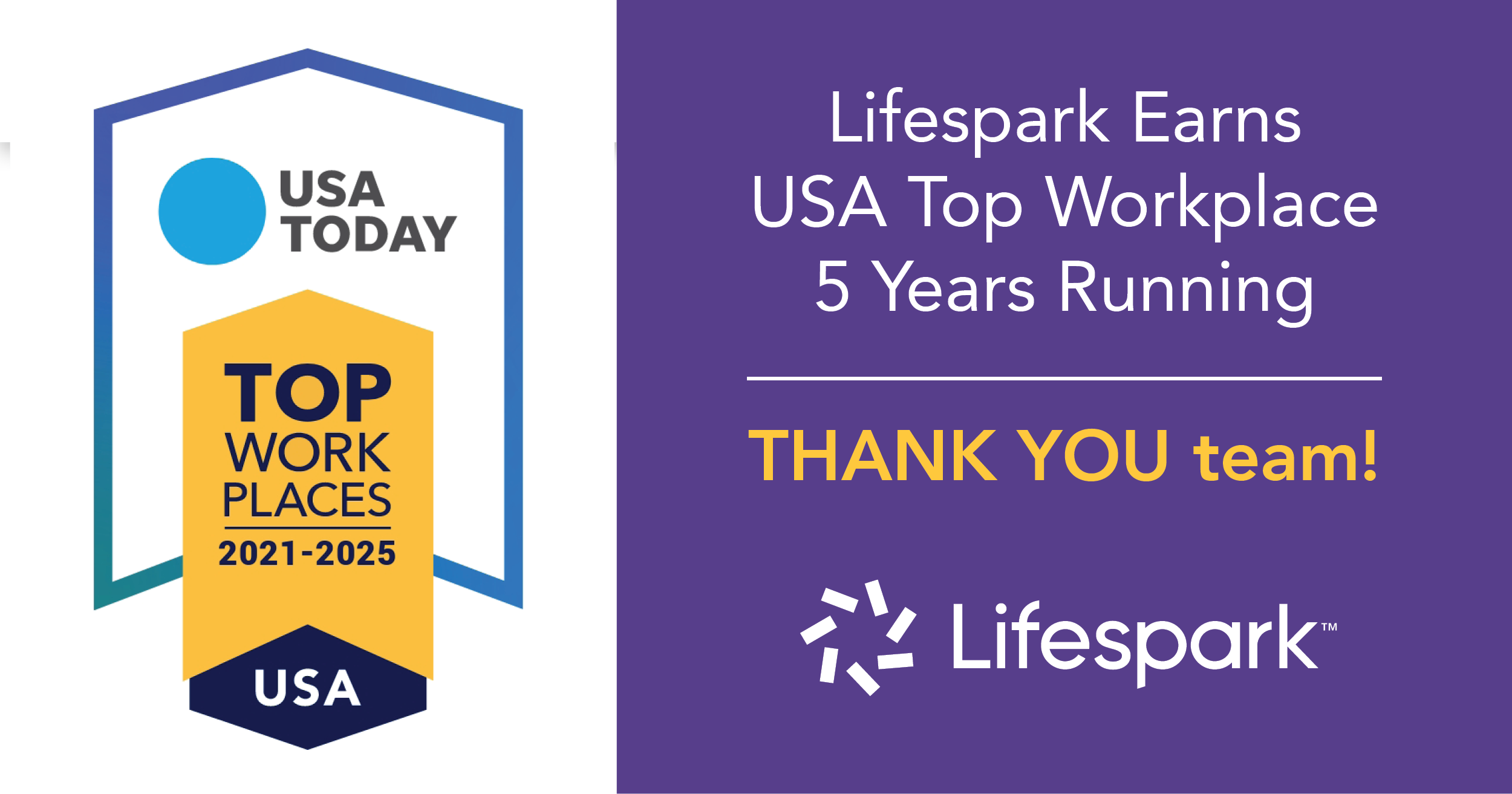
My sister said to me the other day, what do we do when Dad shouldn’t live alone anymore? My reply: leave the state. Honestly, I’m not going to be the one who has to tell him that he’s losing control of the things he’s done for most of his life. I’ll let her do that one. The whole question bothered me though. Seriously, what will happen? It’s hard to believe a day would come when my Dad would be the one who needs help – being in control is what defines him, it’s his identity.
It got me thinking. It may not be driving that is the first warning sign for our Dad but something else like housekeeping or cooking meals. Regardless of what it is, I need to be prepared for when that time comes. How will I broach these subjects with the tough hockey player who doesn’t worry about anything? Oh yes, I’ll be the first to admit, this conversation scares me. For others reading this, maybe the time is now. You’ve been telling Dad he needs help but he constantly says over and over again, “I don’t need help, I’m fine.” Sound familiar?
Kari Schwartz, a Lifesprk Life Care Manager, frequently receives calls from adult children desperately searching for help dealing with these issues. According to her, they all have similar stories: “Dad says he’s fine but we’ve noticed overdue bills or a desk piled high with mail and random items – a desk that once was meticulously organized.” They are concerned for Dad’s safety because he still thinks he can fix things at home and instead of asking for help he gets on the ladder himself. After a few ER trips, the children are worried Dad will really get hurt the next time. Others find empty refrigerators or cabinets filled with easy to prepare meals that lack nutritional value. It’s frustrating, but according to Kari, starting the conversation is all about the approach and creates a pathway to living a more meaningful life.
Kari shares these tips that have worked well for her clients and families:
- Start the conversation with: “Dad, what are you afraid of?” Let him know that he doesn’t have to be afraid of losing control, that by offering to help, you are helping him preserve his independence.
- Say things like: “You tell me where to start, what’s important to you. It looks like you’ve been busy and may need a hand with light housekeeping. Is it okay if we call someone to help you with this so you can continue to go golfing?” or “We know you don’t want to bother us, Dad. Would it be helpful if we have someone come to the house once a week to take you to the store or church and help you shop? That way you don’t have to worry about it and it would make me feel better.”
- As the relationship builds between your Dad and anyone regularly helping him, he will begin to feel comfortable and more at ease knowing things are still being cared for and he’s in charge of what they are. Kari says for many clients, they begin to really enjoy the feeling of clean sheets and a home-cooked meal again and their attitude begins to change. Gradually, you can begin adding more things in such as help with daily routines like showering or food preparation if that’s an issue.
- If Dad is really adamant about not needing any help, have a third party, like Lifesprk, walk Dad through his house and point out areas that he may not realize could be an issue. Kari said, sometimes you have to be blunt and directly address major issues. Clients will be more apt to accept help if they think someone else might be in danger of their inability to keep their house clean. For example, when Kari tripped over a box left in the kitchen of one of her clients, the client felt bad knowing someone else could have been hurt and immediately accepted help. This lets them know that by accepting help, they are helping you.
- Move towards solutions that maximize independence. Nothing has to be solved right away but making plans to change a few things at a time will help. Guiding them towards making their own decisions will help them see the positive possibilities and make the conversation go smoother.
For those of us who aren’t professionals or don’t deal with these types of conversations on a day-to-day basis, Kari says just remember to put yourself in their shoes. You don’t really know what’s bothering them until you ask. And you can’t come up with solutions if you don’t at least try. Great advice. Perhaps I don’t need to run from my sister’s original question. Broaching tough subjects can happen at any age, it’s good to be prepared for when the time comes. Dad taught me that – be prepared for whatever life throws you.
What’s worked for you? Join the conversation and share your stories. Starting the conversation may just be the best gift we could give our father this Father’s Day.



